#drieu la rochelle
Photo

Je ne renonce pas à rêver ma vie, mais je prétends aussi vivre mes rêves.
- Pierre Drieu La Rochelle, L'homme couvert de femmes (1925)
106 notes
·
View notes
Text

“"Life wasn't going fast enough for me, I'll speed it up. The graph was sagging, I'll send it up. I'm a man. I'm the master of my flesh, I'll prove it."
Propped up comfortably, neck on a pile of pillows, feet braced at the end of the bed, legs apart. Chest out, naked, well exposed. You know where the heart is.
A revolver is solid, it's made of steel. It's an object. To touch an object at last.” - Pierre Drieu La Rochelle, ‘The Fire Within’ (1931)
“It is no contradiction that, in the search to engage with life, suicide is an option. Drieu believed that the truth had to be tested to be known. According to historian Robert Soucy, his ‘epistemological pragmatism’ was a kind of fascist existentialism. However, death itself was the most radical experience one could ever encounter, albeit paradoxically one that brings life to an end. To approach death was to feel more connected with life, by conquering the final fear of the human condition – the fear of death.”
#drieu la rochelle#pierre drieu la rochelle#fire within#will o the wisp#suicide#le feu follet#malle#louis malle
6 notes
·
View notes
Text


“Este cristianismo era masculino, comprensivo, pero afirmativo, soportando con valentía las contradicciones del mundo y resolviéndolas mediante la compleja organización del espíritu y de la vida que ofrecía a los hombres. Este cristianismo, que providencialmente vino a servir a nuestro rostro y a nuestro clima, está inscrito en los tímpanos de las catedrales, en la figura vigorosa, juvenil y poderosa del Cristo triunfante, junto al cual se sienta la Virgen Madre. No tiene nada que ceder en virilidad y salud a los dioses del Olimpo y Walhalla, aunque es más rico que ellos en sutiles secretos que le llegan de los dioses de Asia.
Drieu La Rochelle, Crónica política 21 de junio de 1938.
1 note
·
View note
Text
« Qu’est-ce que les Allemands dans Paris ? Ce n’est que nous-mêmes, notre crime, notre paresse, notre lâcheté. Les Allemands dans Paris, ce sont tous les enfants que nous n’avons pas faits. Et puis voila tout. Il n’y a pas à chercher plus loin. Si les Allemands sont là, c’est que nous n’y sommes pas. »
Pierre Drieu La Rochelle - octobre 1940
1 note
·
View note
Text
Le froid va si bien aux brunes; on dirait qu’elles vont mettre le feu à la neige.
1 note
·
View note
Text
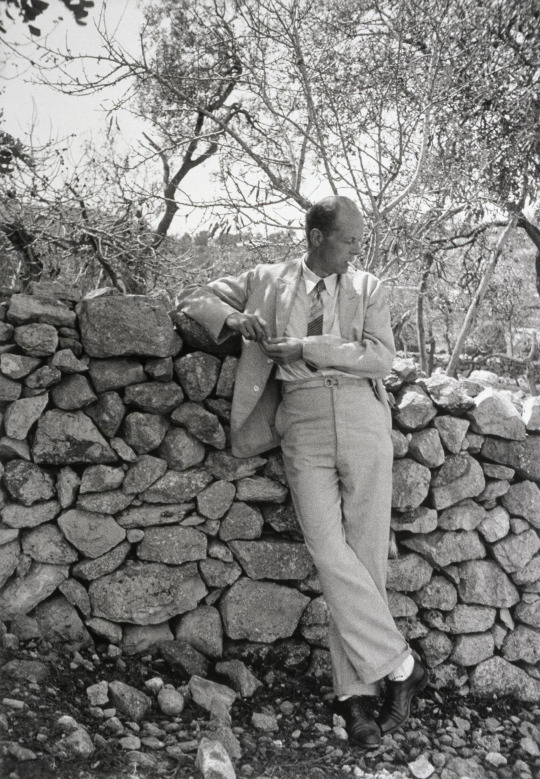
Gisèle Freund (German-French/Jewish, 1908–2000)
Portrait of Pierre Drieu la Rochelle (French, 1893–1945) in Ibiza, 1933
Centre Pompidou
12 notes
·
View notes
Quote
Les montagnes, chargées de neiges indestructibles, étaient des voies lactées toutes proches de mon âme;
Pierre Drieu la Rochelle, L’homme à cheval
#citation#littérature française#auteur français#quote#french literature#french author#pierre drieu la rochelle#l'homme à cheval#montagnes#voies#âme
31 notes
·
View notes
Photo
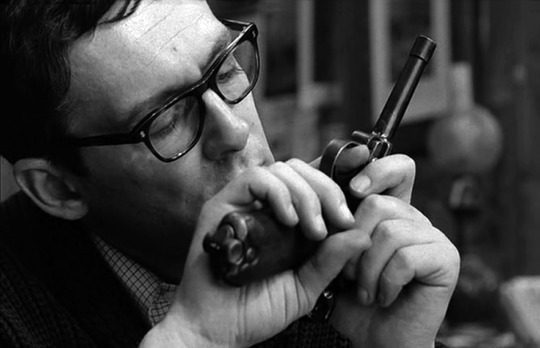
Le Feu Follet [The Fire Within] (1963, Louis Malle)
30 notes
·
View notes
Text



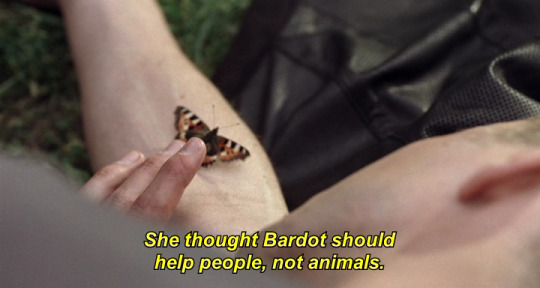

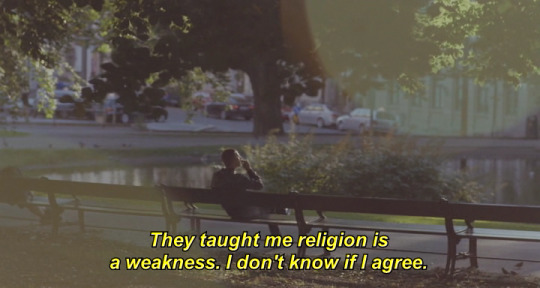

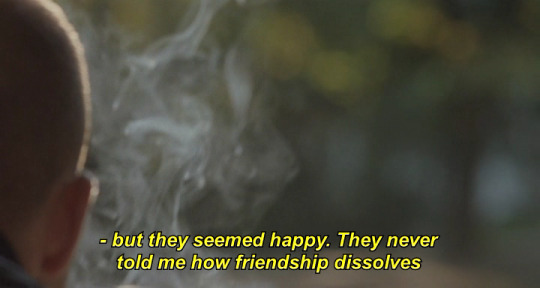
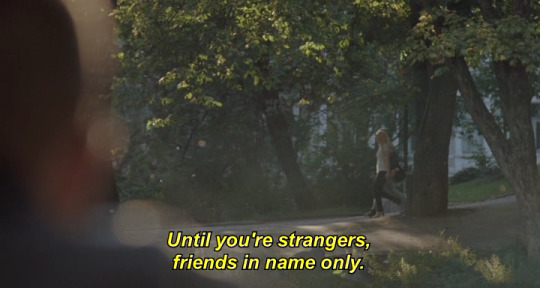
Oslo, 31. august, 2011
#drama#oslo 31. august#oslo august 31st#joachim trier#eskil vogt#pierre drieu la rochelle#anders danielsen lie#living
17 notes
·
View notes
Photo
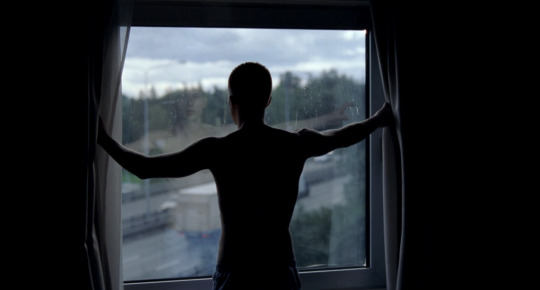
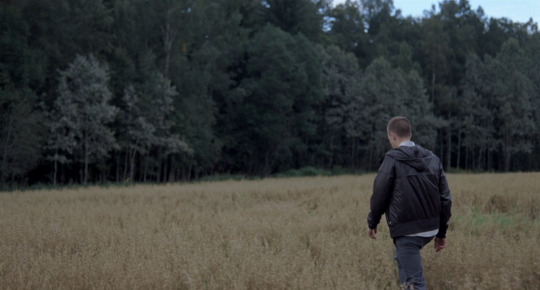
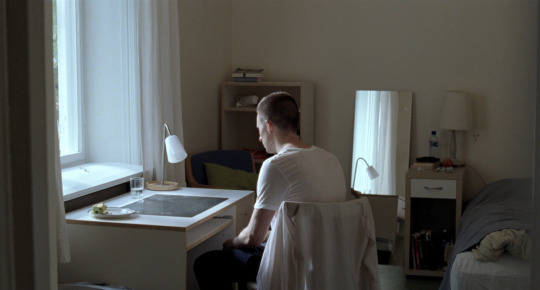

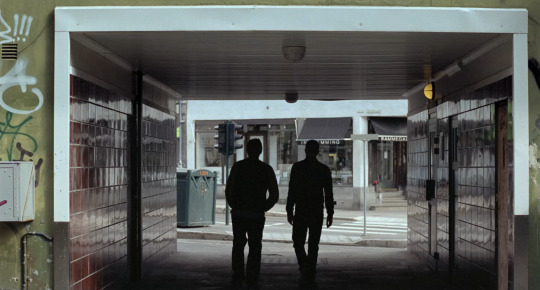

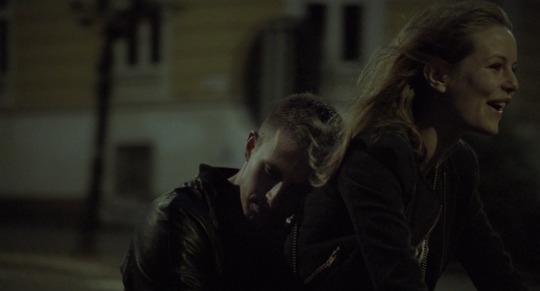
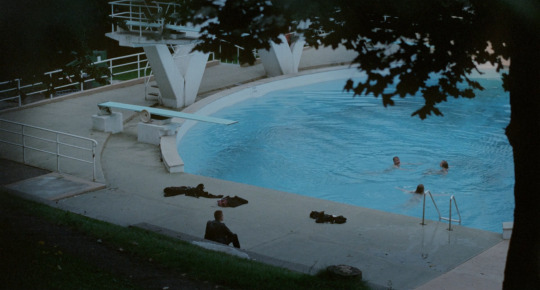
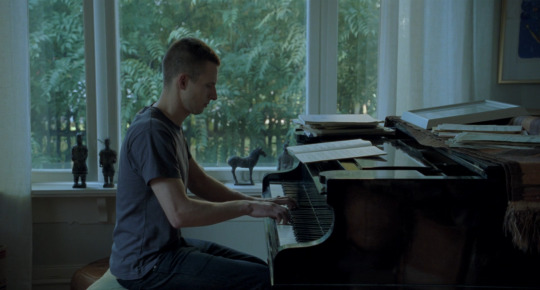
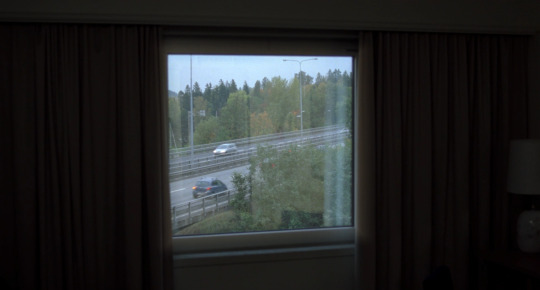
Oslo, 31. august (2011)
#film#movie#Oslo August 31st#Oslo 31. august#oslo#trier#joachim#cannes#norway#norvegia#Jakob Ihre#Will O' the Wisp#le feu follet#Pierre Drieu La Rochelle#Eskil Vogt#Anders Danielsen Lie#Hans Olav Brenner#Ingrid Olava#Renate Reinsve
101 notes
·
View notes
Text
Pierre Drieu La Rochelle, un dandy delicato malato di assoluto
Pierre Drieu La Rochelle, un dandy delicato malato di assoluto (di Mauro Massari)
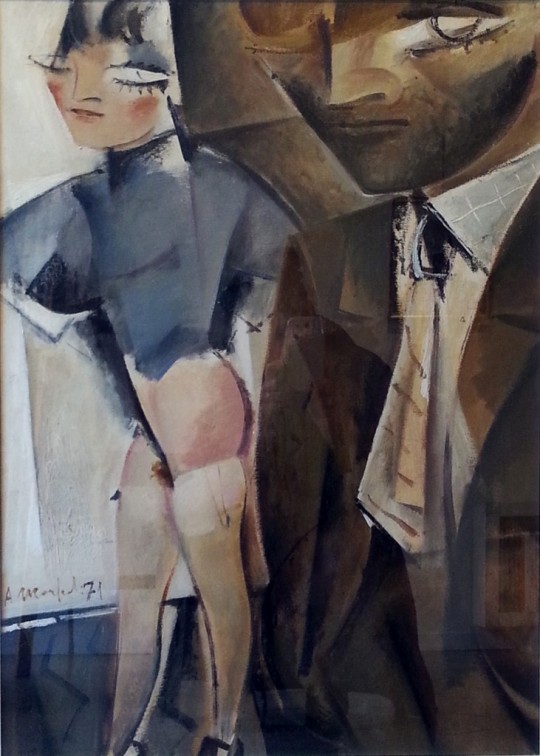
View On WordPress
2 notes
·
View notes
Photo
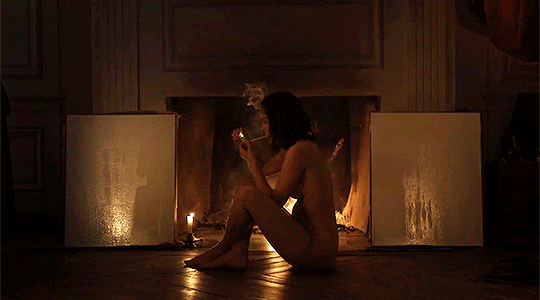
Je voudrais rentrer dans la nuit qui n'est pas la nuit, dans la nuit sans étoiles, dans la nuit sans dieux, dans la nuit qui n'a jamais porté le jour, qui n'a jamais rêvé le jour, qui n'a jamais produit le jour, dans la nuit immobile, muette, intacte, dans la nuit qui n'a jamais été, et qui ne sera jamais. Ainsi soit-il.
- Pierre Drieu La Rochelle
#pierre drieu la rochelle#drieu la rochelle#quote#night#femme#beauty#smoking#fireside#fire#introspection
61 notes
·
View notes
Text

“"I can't smoke with clothes on," Eva declared.
She got up and slid her dress over her head. Then she pulled off her slip, her garter belt, her stockings. She was completely naked, a magnificent, bloodless plaster body.
Alain emitted a long sardonic laugh. Never had he had so exact a sense of his own impotence. For him, the world was peopled only with empty forms. It was enough to make you scream, it was enough to make you die.
Little Falet, preparing a pipe, tried to catch Alain's eye. Eva, who had no more belief in other people's desires than in her own, wrapped herself in the blanket without even looking at Alain, he turned to Falet.
The little creature's expectant grin suddenly relaxed; he pointed to a cupboard.
Drugs were everything, there was no use trying to get away from them, the world was drugs.
Alain opened the cupboard and took out a vial. Then he removed from his pocket the syringe he had brought from Doctor de la Barbinais's. He filled it with heroin, rolled up his sleeve, and stuck the needle into his arm.
He kept his back to them for a moment, staring at the wall. Then he was done, it wasn't difficult. Acts are fast, life is over quickly; soon comes the time of consequences, the time of the irreparable.
Already his immediate past seemed incredible. Had he really dreamed of curing himself? Had he really shut himself up in those abominable sanitariums? Had he sent Dorothy a telegram? Had he held Lydia in his arms?
He turned around to take a good look at Eva Canning: beauty, life were made of plaster. Everything was simple; everything was finished. Or rather, there had been no beginning, there would be no end. There was only this moment, eternity. There was nothing else, absolutely nothing else. There was nothingness.
Eva sucked on the pipe Falet had prepared for her; then she rolled over in the blanket, exhaling a little smoke. One of her hard, polished shoulders shone gold in the light from the little lamp. This fragment of a broken statue rolled across a desert, lay in the bosom of a warm and soothing abyss.
The waves multiplied and broke one over the other: Alain was not returning to drugs; he had never left them. That's all it was, but it was that. It was of absolutely no interest, but neither was life. Drugs were only life, but they were life. Intensity destroying itself proves that everything is the same as everything else. There is no intelligence because there is nothing to understand, there is only certainty.
Suicide? Why bother, life and death are the same thing. From the point of view of eternity where I am now, where I've always been, where I'll always be.
The proof that life and death are the same thing is that I'm walking up and down in this room and that I'm going to telephone Praline, because I go on as if nothing had happened, while in fact nothing has happened.” (p. 111 - 113)
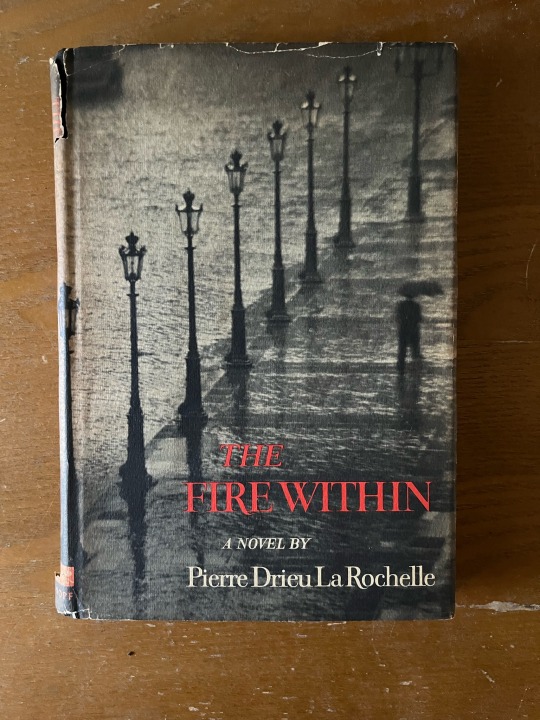
#drieu la rochelle#pierre drieu la rochelle#fire within#das irrlicht#louis malle#drugs#heroin#drug addiction#nihilism#suicide#will o the wisp#literature#french literature
3 notes
·
View notes
Text
Gilles, by Pierre Drieu La Rochelle
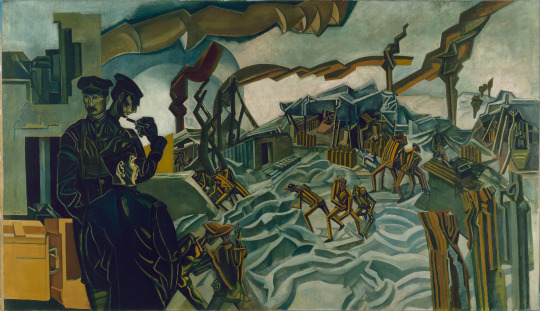
Pierre Drieu La Rochelle was a french author of more than a dozen novels and numerous essays and poetry collections. A relentless critic of the French Third Republic, he drifted in every political and artistic current of his time, going from surrealism to socialism to fascism, he refused to ever be tied down to any single movement or ideology. As a surrealist, he traveled in the same circles as Louis Aragon, Gaston Bergery, and André Breton, but eventually fell out with the group over a love dispute. As a Socialist, he briefly flirted with pacifism and was involved with early-pan Europeanist movements, that would later go on to influence the founding of the European Union, however he found the Socialism of Paris entirely too Bourgeoisie, and drifted towards more reactionary ideas, eventually publishing a synthesis of his political thought titled Socialisme fasciste. As a collaborator during the German occupation of France, he petitioned for the release of Jean-Paul Sartre (among other intellectuals) from prison, and helped Jean Paulhan escape capture by the Nazis. For La Rochelle, the turbulent politics of his time were subsumed by an aesthetic disgust with bourgeoisie life, and this theme is present in all of his works. At the end of the war, hiding at the house of his friend André Malraux, he committed suicide by swallowing poison.
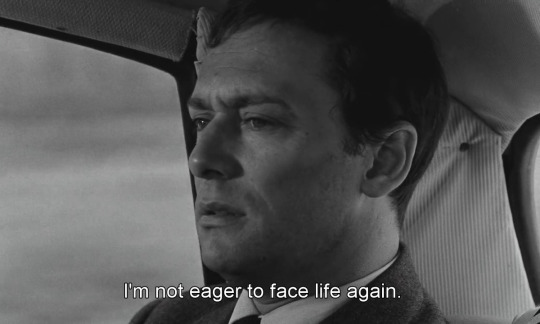
Best known in the English speaking world for his book Le Feu Follet, which was adopted into an acclaimed French nouvelle-vague film, Pierre Drieu La Rochelle considered the semi-autobiographical Gilles to be his greatest work. The acclaimed literary critic Gaëtan Picon wrote that Gilles “is, without any doubt, one of the greatest novels of the century—and one of those books in which the disarming sincerity of a man rises to the grandeur usually reserved to literary transpositions.”
The novel begins during the First World War, where the hero Gilles returns from the front after being badly wounded, his regiment having been decimated. Penniless, he asks his friends, the wealthy Falkenberg brothers, for help, only to discover that both of them had died. Their sister, Myriam, falls in love with him and helps him financially; although he does not respond to her love, Gilles accepts her support. He even decides to marry her when her father's death makes her a wealthy heiress. The day after the wedding, he leaves her, joins the army again and has a love affair with a nurse, whom he in turn leaves.After the war, Gilles frequented social circles and profited from his ex-wife's money. More or less unwillingly, he is drawn into a plot against the President of the Republic, Morel, after making friends with Morel's son-in-law, Gilbert de Clérences, and meeting Caël, the leader and almost guru of a dandy political group. The ridicule of intellectuals, the grotesquerie of events, the cowardice and demagoguery of politicians—compounded by the departure of Dora, an American girl he loved—leads him to leave France and seek refuge in Algeria. There he meets a simple, wholesome young girl, Pauline, with whom he experiences a true love affair for the first time. Gilles returns to Paris, however. Still disgusted with society and politics, he starts a newspaper and, after 6 February 1934, decided to join the only ideology capable of radically changing society and regenerating France: Fascism.
After the death of Pauline and the child she was expecting, Gilles chooses to be alone, and joins Franco's side in the Spanish Civil War.
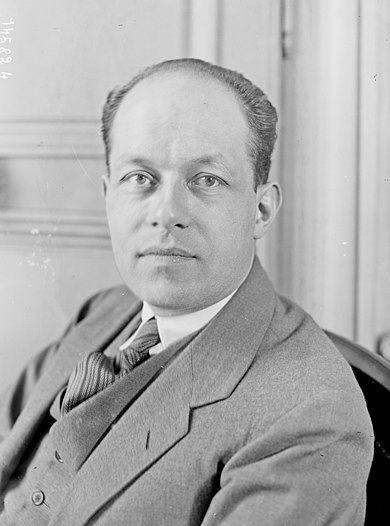
Despite his immense standing in the French inter-war literary scene, and his close relations with many of the most prominent writers and intellectuals of his time, Pierre Drieu La Rochelle has, because of his politics, been largely ignored by the Anglo literary establishment. His masterpiece, Gilles, has gone untranslated for the last seventy years… until now. Tikhanov Library has released the first three chapters of Gilles on substack, and is releasing the novel in serialized. We are adding new chapters every week, for free, to the public. You can read the first chapter here:
Tikhanov Library is an independent publishing company founded in Lund, British Columbia. To read Gilles and many other books, both reprints and new releases, visit our website at www.tikhanovlibrary.com | Our catalogue includes books by Alexis de Tocqueville, Dimitri Alioshin, and F.T. Marinetti, among other authors. We are constantly updating our catalog with new books and deals.
#Gilles#Pierre Drieu La Rochelle#French Literature#Translation#Dark Academia#nouvelle vague#le feu follet#Serialization#Literature#Novel#WW1#Interwar#Surrealism#Socialism
4 notes
·
View notes
Text

'Portrait of Pierre Drieu La Rochelle' Photographic Print | Art.com
11 notes
·
View notes
Text
“Il était plein de confiance dans son génie de solitaire, marchant à pas feutrés dans les marges de la vie.”
0 notes